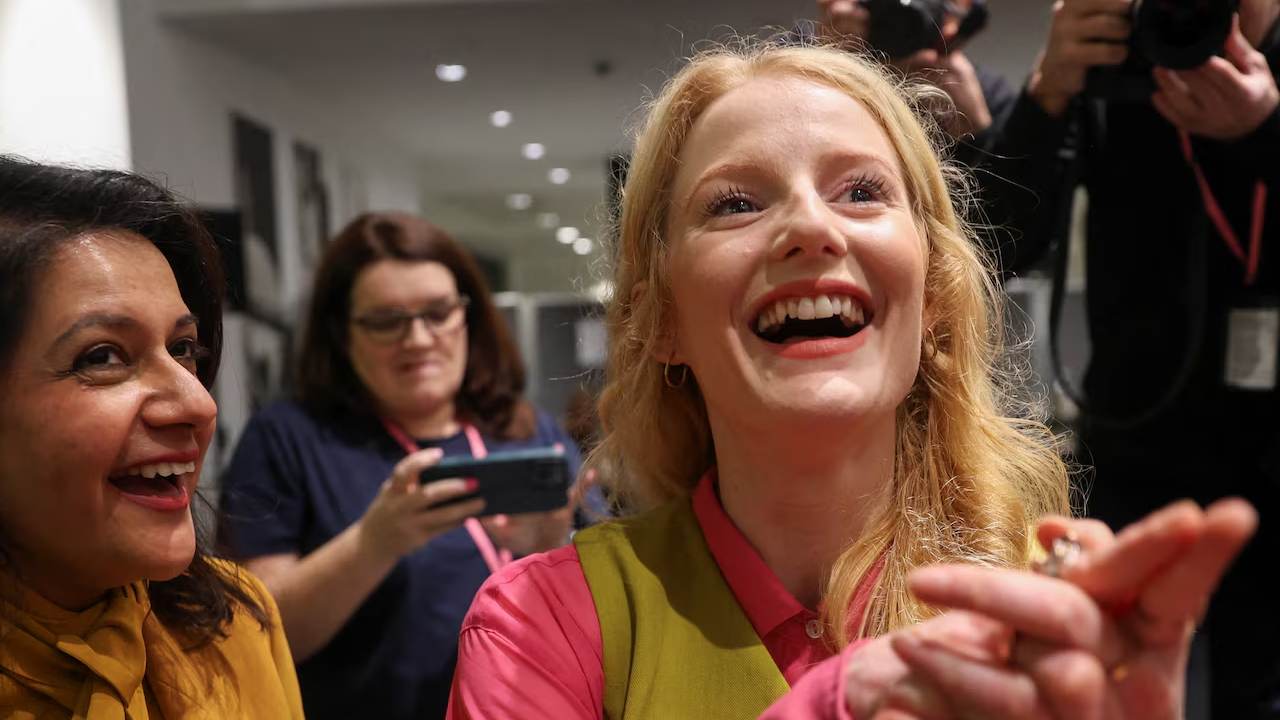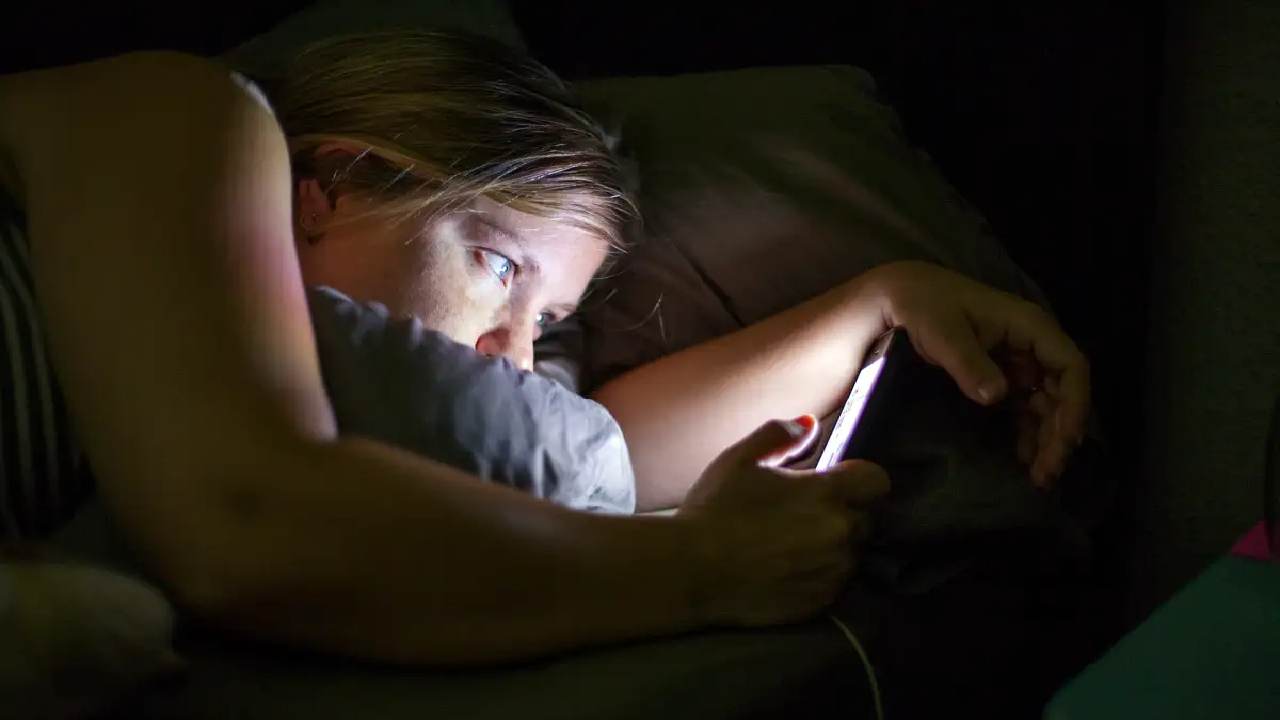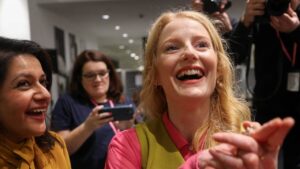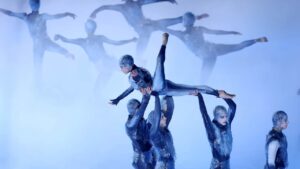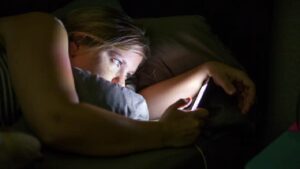AI Model Featured in Vogue: Innovation or Threat to Human Models?
Ohana Magazine – The August 2025 edition of Vogue has stirred controversy after featuring an AI-generated model. While the move highlights rapid advancements in technology, it raises critical questions about the future of human models and shifting beauty standards. The blonde AI model posed for Guess, with a caption reading “produced by Seraphinne Valora on AI,” referencing the company behind the creation.
Seraphinne Valora Defends Its Disruptive Approach
Seraphinne Valora addressed the backlash directly on Instagram, stating, “We knew this would spark discussion because we’re disrupting an industry that has always worked in the same way. This is not about replacing traditional photoshoots but complementing them and giving brands new options.” Meanwhile, Vogue clarified that the decision to use an AI model was not made by its editorial team. However, this marks the magazine’s first-ever use of an AI-generated model, according to the BBC.
Creating an AI Model Involves More Than a Simple Prompt
Founders Valentina Gonzalez and Andreea Petrescu revealed that Guess co-founder Paul Marciano personally requested AI models for the brand’s summer campaign. “We developed ten draft models, and he chose one brunette and one blonde for further refinement,” Gonzalez explained. Contrary to the assumption that AI images are quick to make, the process is complex. For this project, real models were photographed wearing Guess clothing to serve as visual references for the AI designs.
Read This : Japanese Game Umamusume Sparks Interest in Indonesian Horse Racing
Fashion Brands See Cost and Time Benefits with AI
The creation process required five dedicated staff members and could take up to a month from concept to final product. High-profile clients such as Guess reportedly pay six-figure sums for such work. This is not the first time fashion brands have embraced AI. In July 2025, Mango launched an AI-powered campaign for its teen clothing line. According to industry estimates, AI can reduce campaign costs by up to 70% and shorten production timelines to just a few days.
Experts Call AI Models a Disruption, Not a Replacement
Matthew Drinkwater, Head of Innovation at the Fashion Innovation Agency at London College of Fashion, argues that fear of AI reflects resistance to change rather than a genuine threat. “Fashion has never been about preserving the status quo. It thrives on disruption,” he told Forbes. While the technology offers exciting opportunities, concerns remain over its long-term impact on human models and beauty standards—especially for younger generations.
Critics See AI Modeling as “Lazy and Cheap”
Not all reactions have been positive. Plus-size model Felicity Hayward criticized the move, calling it “lazy and cheap.” She suggested that Guess either wanted free publicity or aimed to cut costs without considering the consequences. Hayward recalled the progress made in the 2010s toward inclusivity, such as featuring hijab-wearing models and plus-size talent, but warned that AI could reverse these gains.
AI’s Impact on Career Opportunities for Human Models
Hayward expressed concern that models who helped push the industry toward inclusivity might lose work opportunities. Many human models spend years trying to secure campaigns or magazine features, and poor workplace protections only make the situation harder. She stressed that replacing diverse talent with AI could erase years of hard-fought progress.
AI and the Reinforcement of Unrealistic Beauty Standards
The issue extends beyond employment. In 2024, Dove ran a campaign revealing AI’s bias in defining beauty. When asked to create “the most beautiful woman in the world,” the AI produced an image of a young, thin, white, blonde-haired, blue-eyed woman—similar to the Guess campaign. Hayward warned that constant exposure to such “perfect” AI-generated images could harm mental health and distort self-image.
Health Experts Warn of Potential Psychological Harm
Vanessa Longley, CEO of Beat, a charity dedicated to eating disorder awareness, voiced concern about Guess’s campaign. “If people are exposed to unrealistic body images, it can affect how they see themselves. Poor body image significantly increases the risk of developing eating disorders,” she explained. These warnings underscore the need for a balanced approach to technology in fashion—one that embraces innovation without sacrificing representation or well-being.

